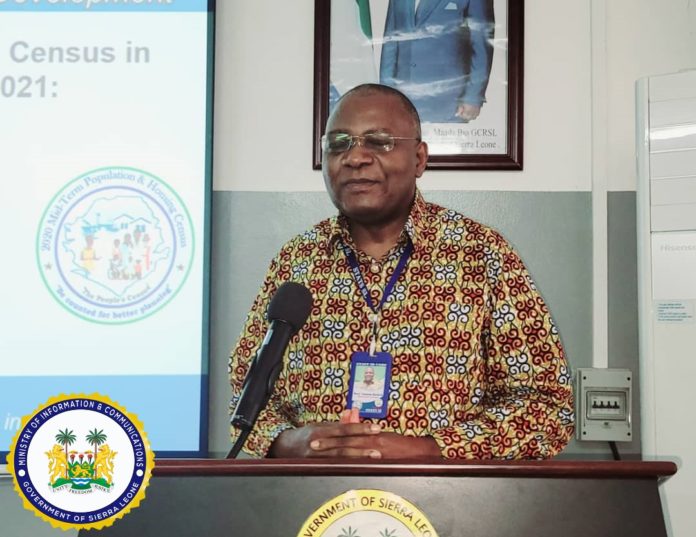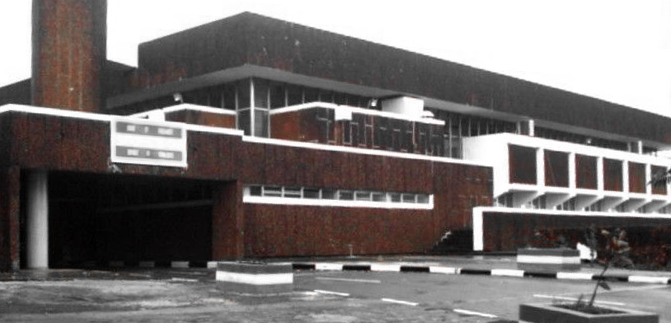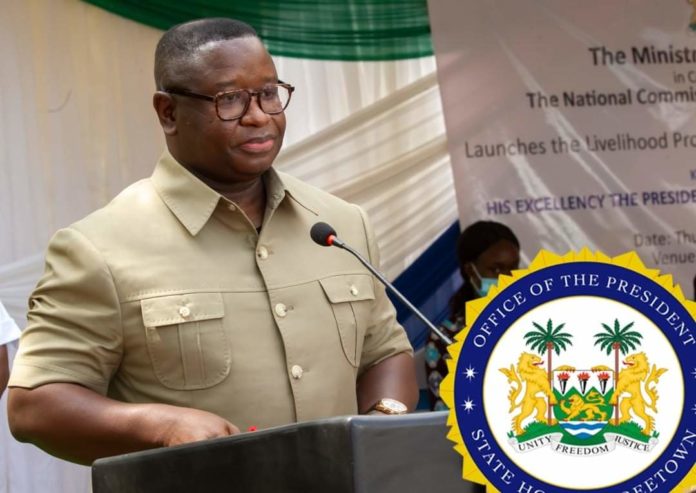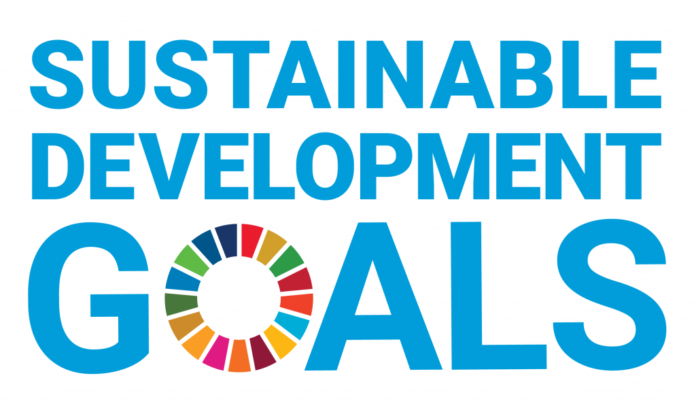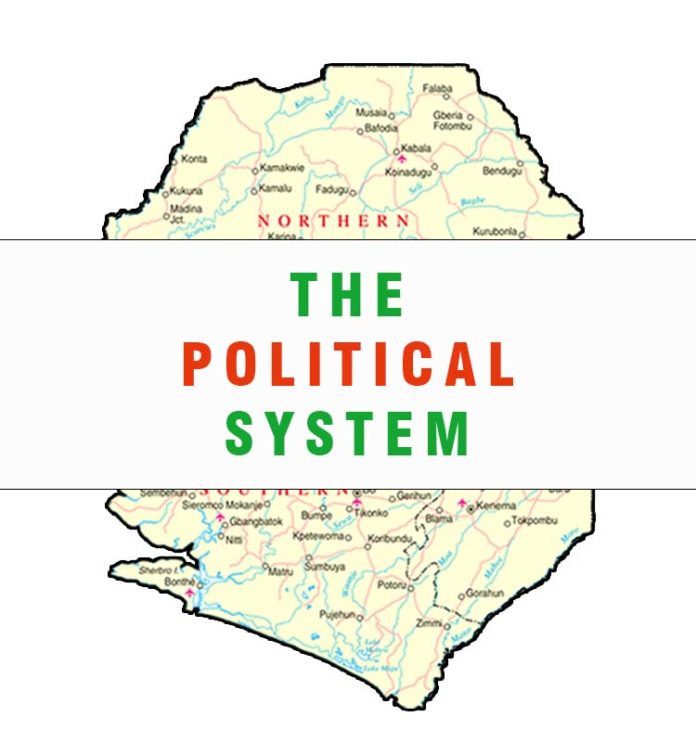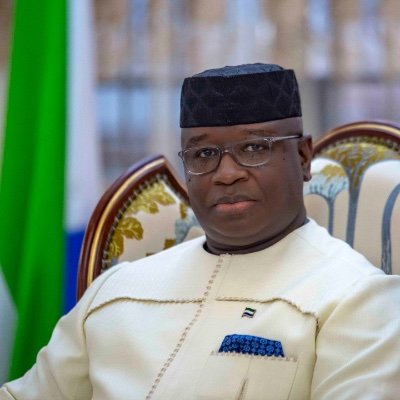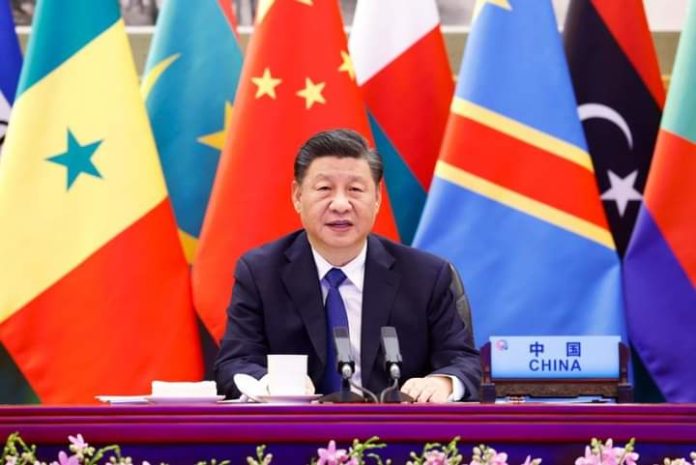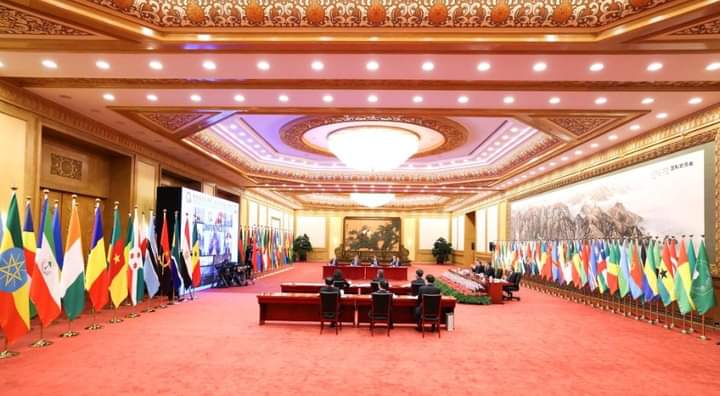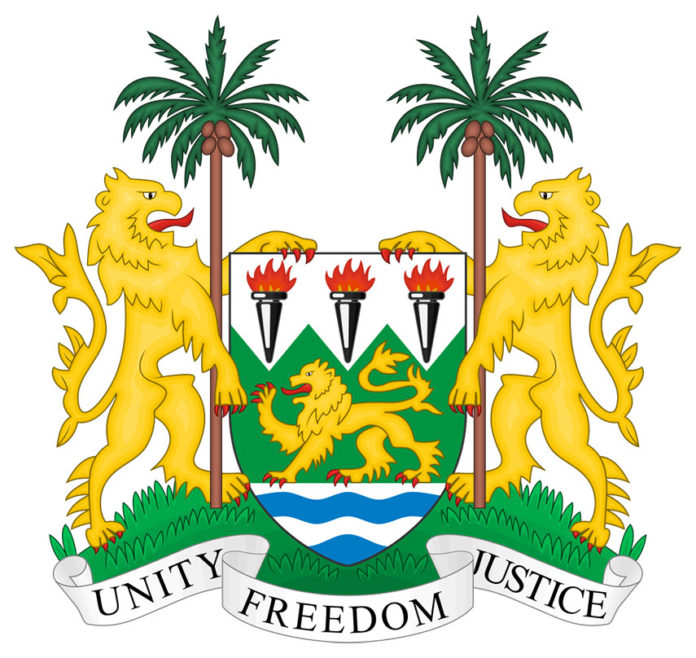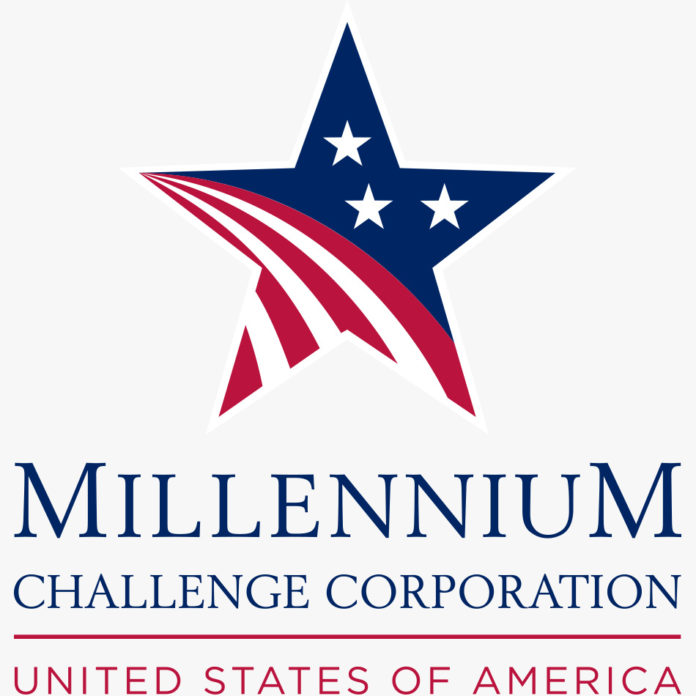by Mahmud Tim Kargbo
Cause based collaboration is no magic bullet. It still takes plenty of thoughtful research, creative insight, political savvy and hard work to craft workable solutions to the biggest problems facing Sierra Leone today and then to make them widely available. But I am convinced that, when it comes to most of the major challenges we face, Multi-stakeholders partnership is the key to achieving real progress. To make this happen, our politicians and professionals need to:
– Identify honest brokers who will bring stakeholders together around shared causes. They need to spend their time on coordination, communication and ensuring a focus on a common measurable goal. Can we train people to be honest brokers? Could we create collaborative apprenticeships with mentors who can teach the art of brokering? There are many candidates waiting in the wings; let’s put them to work!
– Sierra Leone Executive Arm of government and the opposition parties must learn how to spend time to share their interest in a cause to thoughtfully define the cause, explore a specific solution and devise a system to measure results. They must learn how not to give in to the temptation to jump at a solution that sounds right or that some mischievous politicians within their political parties are selling…… It’s always very good to take a deep breath and open up to other views.
– Our Executive Arm of government and opposition parties must learn how to ask each other early in their planning efforts for any new project, Who can they collaborate with to improve their odds of success for instance, in the previous census. They need not assume that the partnership path with each other is too hard to follow – surely there are models for collaboration that will smooth the way.
Chances are the Executive Arm of government and these opposition politicians got into politics not only to make a living but also to play a significant role by helping Sierra Leone move forward in a number of tangible ways by evolving and expressing more of our human potentials. If so, their aim is to create what we are calling a “positive change” a purpose-driven politics that is about love and excellence, service and profit, spirit and money, authenticity and professionalism. It’s about being a politician that expresses your soul and empowers the self-actualisation of all Sierra Leoneans.
But so often when our politicians say they are motivated to change Sierra Leone and got elected by the people or got an appointment from President Bio, they haven’t studied what makes a politician effective and powerful, nor how to integrate the best practices for a truly enlightened relationship with party members, the Executive Arm, investors and even opposition members. They haven’t learned how to market heartfully and effectively, nor are their offerings and services aligned with their real purpose and targeted to the right cause. And this is what’s currently lacking in our present-day politics in Sierra Leone.
THE TAKEAWAYS.
– The hard, but uncomfortable truth is, no single individual, organisation, corporation or foundation can solve the significant problems currently facing Sierra Leone. So let’s stop looking for heroes to address the important issues of our day. Instead, let’s focus on bringing together the teams of organisations and individuals that must collaborate to address problems in the previous census.
– Opposition parties in Sierra Leone can start by identifying honest brokers to coordinate the collaboration – people or organisations that are widely trusted and highly skilled in building partnerships. Such people or organisations will gather the requisite resources needed to hold the collaboration together in executing this midterm census and measure its progress to common goals, the collaborative glue.
– Next, opposition parties opposed to the midterm census need to put together a key influencer map to identify the people and organisations that needed to be involved. Then meet with those influencers to launch a collaboration. If their anticipated concerns don’t have a widely accepted solution, the discussions may be heated – which may force them to simplify their goal or accept a partial solution on the way to their ultimate objective. Meeting people periodically to share knowledge and measure progress can be useful to address their concerns. But deep collaboration is much more likely to produce fundamental/sustainable change.
An old friend of mine once told me a story about his days in a musical band in his native country (UK). ” When I started playing in a jazz band back in the seventh grade, one of the first things I learned was the difference between being a good soloist and being part of a great ensemble. It’s not enough to be skilled at playing your own instrument. You need to learn to listen to everybody else’s sound, develop the flexibility to let your rhythms and harmonies mesh with theirs, and give others the freedom to improvise. Little by little you find yourself producing, as a group musical creations that soar above the capability of any single performer”.
Today, as a young Sierra Leonean under the Bio led SLPP government with a number of problems in Sierra Leone I am passionate about, I believe it’s time for us to learn the same lesson. In today’s politics in our country, it’s not enough to spend time picking the best politician. I am tired of the many egos that are rewarded at conferences by being featured as heroes and leaders for starting an organisation, looking good, and telling a moving story. That’s not what’s needed to be truly successful in advancing the big cause of our day!
The real big problems we’re wrestling with are too complex for that. Instead, we need great ensembles that can archive much more than any single artist, no matter how gifted – bands that combine the gifts of many kinds of stakeholders to produce a powerful and long-lasting impact in support of the causes in which we believe.
AN HONEST / UNBIASED BROKER:
A person, group or entity that is widely trusted and capable of rallying the interested parties behind the unified effort. The honest broker typically has autonomy from party elders and related organisations within the party structure. And is not the most knowledgeable expert on the key issues opposition parties believe will affect the midterm census in the country or their parties interest, but rather he is able to bring people together and can find the common linkages among members of a disparate group.
This leader must have a “managed ego” ( the ability to subordinate his or her reputation or image to the importance of the case); be a superb networker ( able to gather a wide array of people to share ideas and resources); be an-in-the-moment, focused, and sensitive listener; have leadership experience; be seen not as a fundraising competitor, but rather as a finder of new resources; and, of course, have a profound passion of the shared goal. The typical honest broker is a political leader who is skilled in collaboration, innovation, goal-setting and other relevant activities. Other crucial qualities include humility, empathy, audacity, flexibility and vision. He must open links to other key influencers; people or organisations whose support is essential to forging a complete solution.
He should set up an enabling group to provide the collaborative glue. A small group of focused individuals need to come together to create and maintain the collaborative effort. This group is typically of limited duration and is tasked with convening meetings, sharing knowledge, gathering resources, tracking outcomes and holding the key stakeholders accountable for their commitments until the shared goal is achieved.
Defining and practising values like these helps to ensure that the collaborative partnership within the opposition parties and the Executive Arm remains focused on the issues that really matter during the midterm census rather than falling prey to the weakness that derail so many well-intentioned efforts within the Executive Arm and the opposition parties such as interpersonal squabbles, philosophical differences, tactical disagreement, ego battles, politics of grievance and irrelevant distractions.
OBJECTION TO COLLABORATION:
Self centered politicians within the Executive Arm and the opposition parties are dubious about the feasibility of political collaboration in this midterm census. They raise plenty of questions about the collaborative model, which you’ll need to be prepared to answer.
One objection is that collaboration sounds time-consuming, costly and hard. Those who have odd plans to enrich themselves at the expense of the poor don’t want to slow down to listen to others; they have figured out their negative plans, and having to integrate their efforts with those of partners will create average or no result to their odd plans. That’s why they’re highly enthusiastic about fueling the flames of discord in the county and political setups against each other; rather than truly serving the people. What a shame!
These solitary efforts are responsible for the problems we are currently facing in Sierra Leone. Solitary efforts always have a higher likelihood of failure and having others challenge your assumptions is often a productive exercise. Many of our politicians, academics and business people in Sierra Leone worry they will lose their authority, independence and recognition if they work with others collaboratively… Until they actually experience successful collaboration and discover the benefit it can bring.

